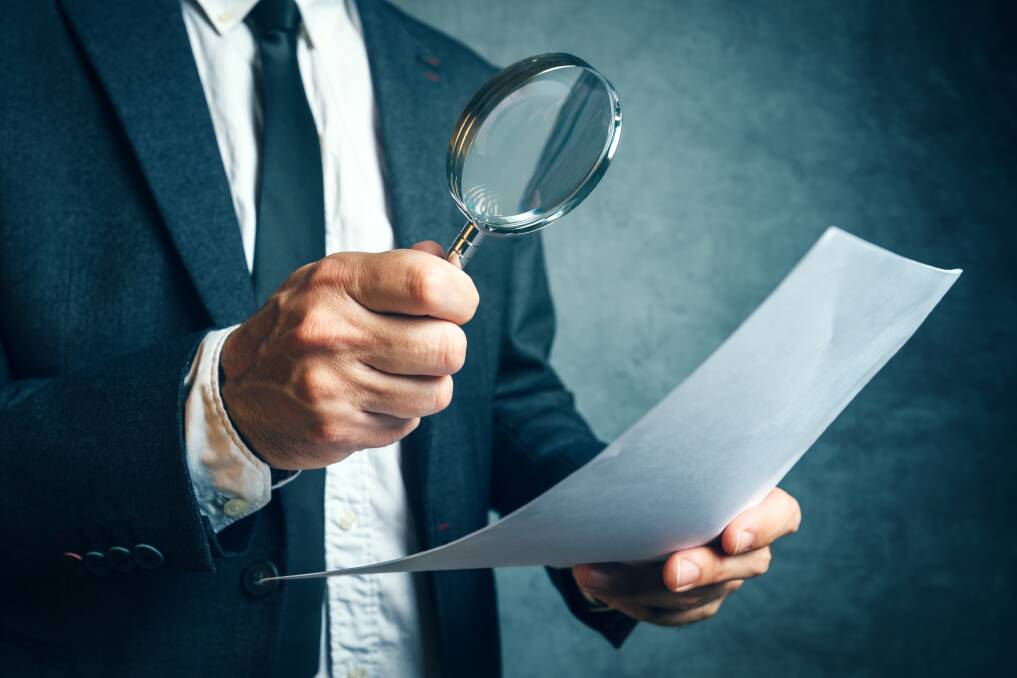As we approach the end of this financial year and clients prepare for tax time, we have provided a summary of the ATO’s ongoing focus on areas that they will target for tax deductions. To be prepared, please make sure that you review your situation before 30 June 2024.
These are some areas that ATO has openly advised that they will scrutinise:

Work-from-home expenses
Working from home is a normal part of life for many workers. While you can’t claim the cost of your morning coffee, biscuits or toilet paper (seriously, people have tried), you can claim certain additional expenses you incur. However, work-from-home expenses are an area of ATO scrutiny.
There are two methods of claiming your work-from-home expenses;
- the short-cut method, and
- the actual method.
The short-cut method allows you to claim a fixed 67c rate for every hour you work from home. This covers your energy expenses (electricity and gas), internet expenses, mobile and home phone expenses, and stationery and computer consumables such as ink and paper. To use this method, you must keep a record of the actual days and times you work from home because the ATO has stated that they will not accept estimates.
The alternative is to claim the actual expenses you have incurred on top of your regular running costs for working from home. You will need copies of your expenses and your diary for at least four continuous weeks that represent your typical work pattern.
Rental Properties- Landlords beware
If you own an investment property, a key concept to understand is that you can only claim a deduction for expenses you incurred in the course of earning income. That is, the property needs to be rented or genuinely available for rent to claim the expenses.
It sounds obvious, but taxpayers claiming investment property expenses when family or friends were using the property, it was taken off the market for some reason, or it was listed for an unreasonable rental rate is a significant focus for the ATO, particularly if the property is in a holiday hotspot.
The ATO is actively pursuing a series of issues this tax season. These include:
- Refinancing and redrawing loans – you can generally claim interest on the amount borrowed for the rental property as a deduction. However, where any part of the loan relates to personal expenses or where part of the loan has been refinanced to free up cash for your personal needs (school fees, holidays, etc.), then the loan expenses need to be apportioned, and only that portion that relates to the rental property can be claimed. The ATO matches financial institution data to identify taxpayers claiming more than they should for interest expenses.
This is why AAG is involved in financing and assists clients with suitable loan structures. We are very mindful of the ATO’s focus. These are some different strategies that we utilise to achieve the best tax outcome. - The difference between repairs and maintenance and capital improvements. While repairs and maintenance can often be claimed immediately, a deduction for capital works is generally spread over several years. Repairs and maintenance expenses must relate directly to the wear and tear resulting from the property being rented out. It typically involves restoring the property back to its previous state, for example, replacing damaged palings of a fence. You cannot claim repairs required when you first purchased the property. Capital works, such as structural improvements to the property, are generally deducted at 2.5% of the construction cost for 40 years from the date construction was completed. When you replace an entire asset, like a hot water system, this is a depreciating asset, and the deduction is claimed over time (different rates and periods apply to different assets).
- Co-owned property – rental income and expenses must usually be claimed according to your legal interest in the property. Joint tenant owners must claim 50% of the expenses and income, and tenants in common according to their legal ownership percentage. It does not matter who actually paid for the expenses.
Ride-Share Drivers / Short-Term Stays / Gig Economy Income
It’s essential that any income (including money, appearance fees, and ‘gifts’) earned from platforms such as Airbnb, Stayz, Uber, OnlyFans, YouTube, etc., is declared in your tax return.
 The tax rules consider that you have earned the income “as soon as it is applied or dealt with in any way on your behalf or as you direct”. If you are a content creator, for example, this is when your account is credited, not when you direct the money to be paid to your personal or business account. Squirrelling it away from the ATO in your platform account won’t protect you from paying tax on it.
The tax rules consider that you have earned the income “as soon as it is applied or dealt with in any way on your behalf or as you direct”. If you are a content creator, for example, this is when your account is credited, not when you direct the money to be paid to your personal or business account. Squirrelling it away from the ATO in your platform account won’t protect you from paying tax on it.
Since 1 July 2023, the platforms delivering ride-sourcing, taxi travel, and short-term accommodation (under 90 days) have been required to report transactions made through their platform to the ATO under the sharing economy reporting regime. This is the first year that the ATO will have taxpayers’ income tax returns to match this data.
All other sharing economy platforms will be required to start reporting from 1 July 2024. If you have income you have not declared, do it now before the ATO discovers it and applies penalties and interest.



